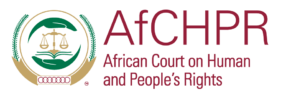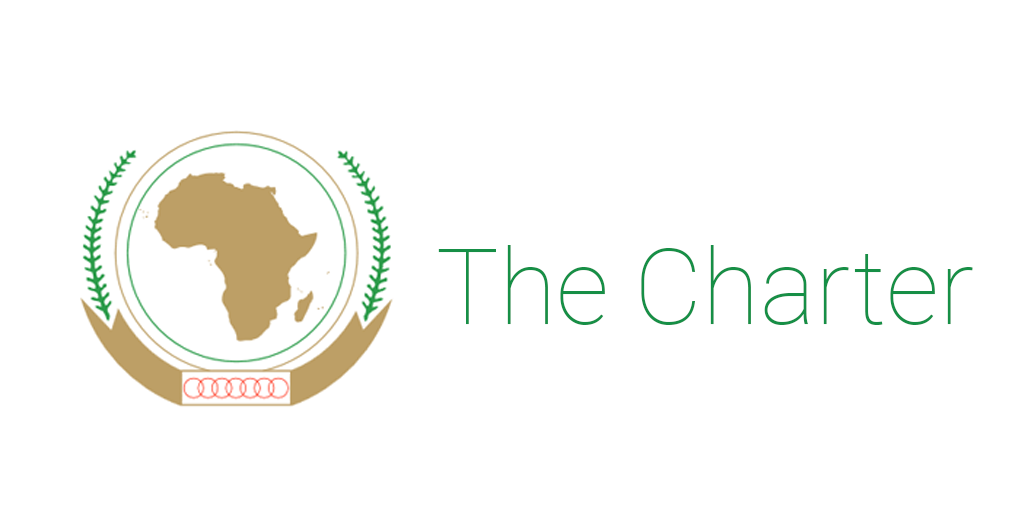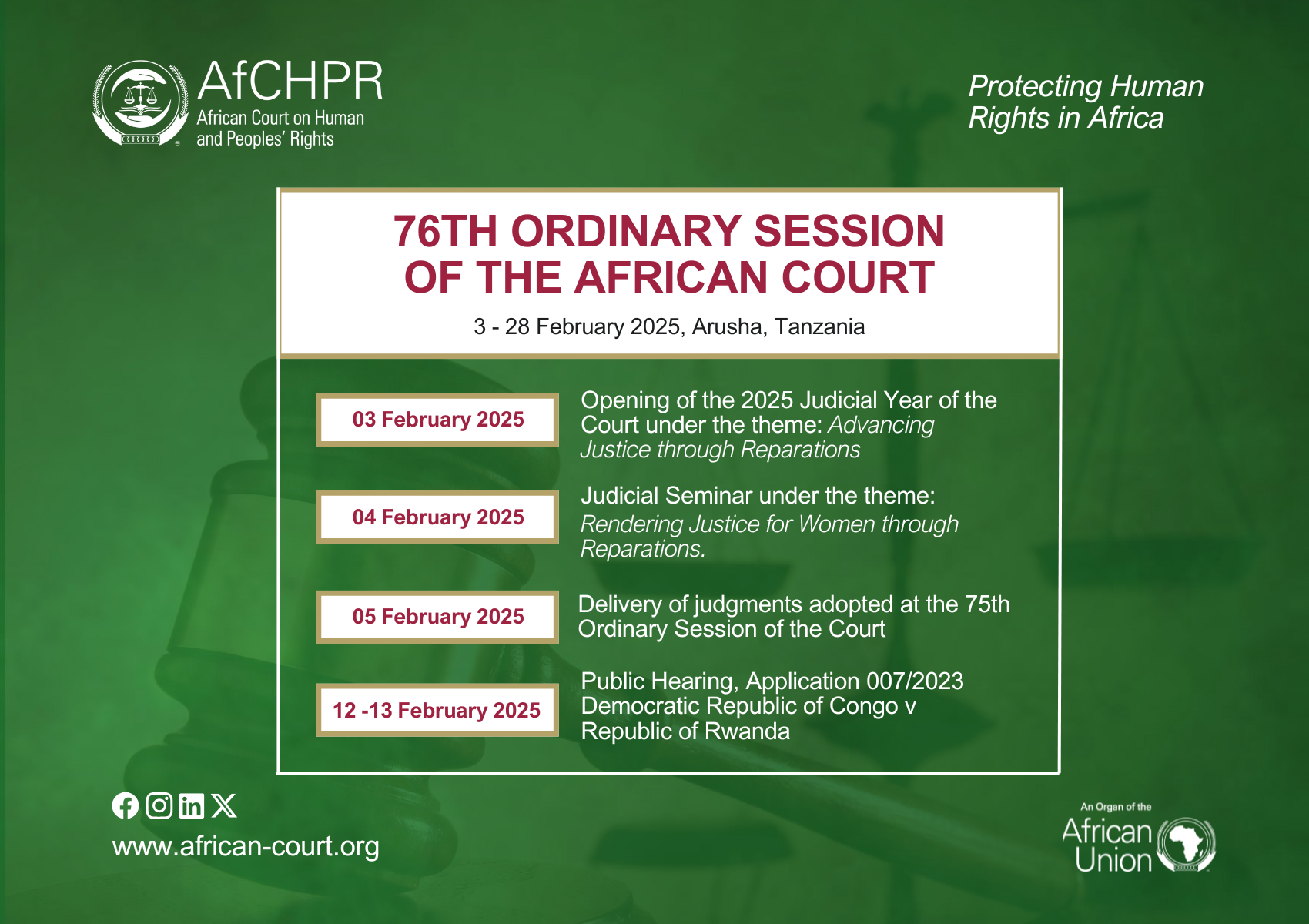SENSITIZATION SEMINAR FOR HUMAN RIGHTS STAKEHOLDERS IN UGANDA
THE AFRICAN COURT ON HUMAN AND PEOPLES’ RIGHTS
BY
JUSTICE GERARD NIYUNGEKO
PRESIDENT OF THE COURT
KAMPALA
- AUGUST 2011
I.THE NORMATIVE AND INSTITUTIONAL FRAMEWORK
- THE MAIN LEGAL INSTRUMENTS
- The African Charter on Human and Peoples Rights (1981)
- The African Charter on the Rights and Welfare of the Child (july 1990)
- The Protocol to the African Charter on Human and Peoples’ Rights on the Establishment of the African Court on Human and Peoples’ Rights (1998)
- The Protocol to the African Charter on Human and Peoples’ Rights on the Rights of Women (2003)
- THE MAIN INSTITUTIONS WITH HUMAN RIGHTS MANDATE
- The African Commission on Human and Peoples’ Rights
- The African Committee of Experts on the Rights and Welfare of the Child
- The African Court on Human and Peoples’ Rights
II.GENERAL ORGANIZATION OF THE COURT
- COMPOSITION
- Number of judges
- Qualifications
- Representativeness
- Mode of designation
- ELEMENTS ON THE STATUS OF JUDGES
- Term of office
- Employment of judges on part time basis
- Independence
- Incompatibilities
- STRUCTURE AND INTERNAL FUNCTIONNING OF THE COURT
- Presidency of the Court
- The Registry of the Court
- The Seat of the Court
- The Budget of the Court
- Court Sessions
- Quorum
- Official languages and working languages
III. THE ROLE OF THE COURT IN CONTENTIOUS MATTERS
- ACCESS TO THE COURT
- The following are entitled to submit cases to the Court
a) The African Commission on Human and Peoples’ Rights
- State Parties to the Protocol establishing the Court
- African Intergovernmental Organizations
- Individuals and Non- Governmental Organizations (provided that the State against which they act has made a special declaration accepting the competence of the Court to hear cases brought by individuals and NGOs)
- Modalities of seizure
Any application submitted to the Court must include the following elements:
- A summary of the facts of the case
- The evidence intended to be adduced
- Clear particulars of the Applicant and the names and addresses of its representatives, as well as particulars of the Defendant.
- Alleged violations
- Evidence of exhaustion of local remedies or of the inordinate delay of such local remedies
- Orders or injunctions sought
- Signature of the Applicant or his/her representative
B.THE JURISDICTION OF THE COURT
- Substantive jurisdiction
- All cases and disputes concerning the interpretation and application of the African Charter on Human and Peoples’ Rights, the Protocol establishing the Court and any other relevant instrument on human rights instrument ratified by the States concerned.
- It follows that the scope of the applicable law is very broad.
- Personal jurisdiction:
- Regarding the Applicant: see supra entities entitled to submit cases to the Court
- Regarding the Defendant: State Parties to the Protocol; Other entities?
- Territorial jurisdiction: localization of facts
- Jurisdiction ratione temporis: What about facts that took place before the ratification of the Protocol or the deposit of the special declaration?
C.ADMISSIBILITY OF AN APPLICATION
- It should disclose the identity of the Applicant even if he/she has requested for anonymity
- It should be compatible with the Constitutive Act of the African Union and the Charter
- It should not contain any disparaging or insulting language directed against the State concerned and its institutions or against the African Union
- It should not be based exclusively on news disseminated through the mass media
- I should be filed after exhausting local remedies, if any, unless it is obvious that this procedure is unduly prolonged
- It should be filed within a reasonable time from the date local remedies were exhausted or from the date set by the Court as being the commencement of the time limit which it shall be seized with the matter
- It should not deal with cases already settled in the framework of the United Nations or the African Union.
- PRINCIPLES GOVERNING PROCEDURE BEFORE THE COURT
- Two-stage procedure: written and possibly oral
- Adversarial principle: service of pleadings to the other party; the right to reply
- Public hearings (when held)
- Evidence regime: liberal with regard to admissibility of evidence; possibility of the Court to play an active role
- Representation of parties: liberal (any person of the party’s choice)
- Legal costs (unless otherwise decided, each party shall bear its own costs)
- Possibility of legal assistance
- SPECIFIC PROCEDURES
- Interim measures
- Preliminary objections
- Intervention
- Joinder of cases and pleadings
- Judgment in default
- Amicable settlement
- Discontinuance
- JUDGEMENTS OF THE COURT
- Need to give reasons for judgments
- Possibility of the Judge to make an individual or dissenting opinion
- Possible subject matters explanation of judgements
- Jurisdiction of the Court
- Admissibility of the application
- Merits of the case
- Finding or not of a violation of the Charter or any other relevant legal instrument
- Reparation
- Nature of the judgments
- Binding on parties
- Final (except application for interpretation of the judgment or request for review of the judgment)
- Execution of judgments: It is the responsibility of:
- The State concerned: commitment to comply with the judgment
- The Court: obligation to make reports on refusal to comply with its decisions
- The Executive Council of the African Union: ensuring the enforcement of the judgment on behalf of the Assembly of Heads of State and Government.
IV. THE ROLE OF THE COURT IN ADVISORY MATTERS
A. REQUEST FOR ADVISORY OPINION
1. Entities that may seek an advisory opinion
a) Member States of the African Union
b) The African Union
b) Any organ of the African Union
c) Any African Organization recognized by the African Union
2. Modalities of the request for advisory opinion
- The subject matter of the request:
- May concern any legal matter related to the African Charter on Human and Peoples’ Rights, or any other relevant human rights instrument.
- Cannot be related to a matter being examined by the African Commission on Human and Peoples’ Rights.
- The request must specify:
- The provisions of the Charter or the instrument in respect of which the opinion is requested.
- The circumstances giving rise to the request
- The names and addresses of representatives of entities who introduced the request.
B) PRINCIPLES OF THE PROCEDINGS
1. Openness of procedure to all States Parties to the Protocol and any other interested entity authorized by the Court.
2. Two-stage procedure: written and possibly oral
3. Public hearings (when held)
5. Application, mutatis mutandis (changing what needs to be changed), of other provisions relating to contentious procedure.
C.ADVISORY OPINION
- The opinion shall be accompanied by reasons
- The opinion is normally delivered in open Court
- The Judges may attach an individual or a dissenting opinion
- Is the opinion binding?
V. THE APPLICABLE LAW
- The African Charter on Human and Peoples’ Rights
- Any other relevant human rights instrument ratified by the State concerned
VI. RELATIONS BETWEEN THE COURT AND THE COMMISSION
1. The principle of complementarity when it comes to the protection of human rights
2. From the Commission to the Court
– Possibility for the Commission to seize the Court of contentious matters
3. From the Court to the Commission
a) Possibility for the Court to request the opinion of the Commission on the admissibility of a case
b) Possibility of the Court to transfer cases to the Commission
4. Harmonization of the Rules of the Commission and those of the Court
5. Institutionalizing relations between the Court and the Commission
VIII. THE MAIN CHALLENGES FACED BY THE COURT AND THE APPROPRIATE STRATEGIES
- Low rate of ratification of the Protocol establishing the Court
a) Current situation
b) Strategies
2. Access to the Court by individuals and nongovernmental organizations
a)Current situation
b) Strategies
3. Promotion of the Court among Africans
a) Current situation
b) Strategies
4. Low administrative capacity of the Court
A) Current situation
b) Strategies
VIII. THE FUTURE OF THE COURT AS AN INSTITUTION
- The merger between the Court and the Court of Justice of the African Union
- The planned extension of the jurisdiction of the Court to criminal cases matters.
X. THE CURRENT JURISPRUDENCE OF THE COURT
A. CONTENTIOUS MATTERS
- Statistics
- Cases decided upon
- Pending cases
- REQUESTS FOR AN ADVISORY OPINION
- Statistics
- Pending requests
CONCLUSION














